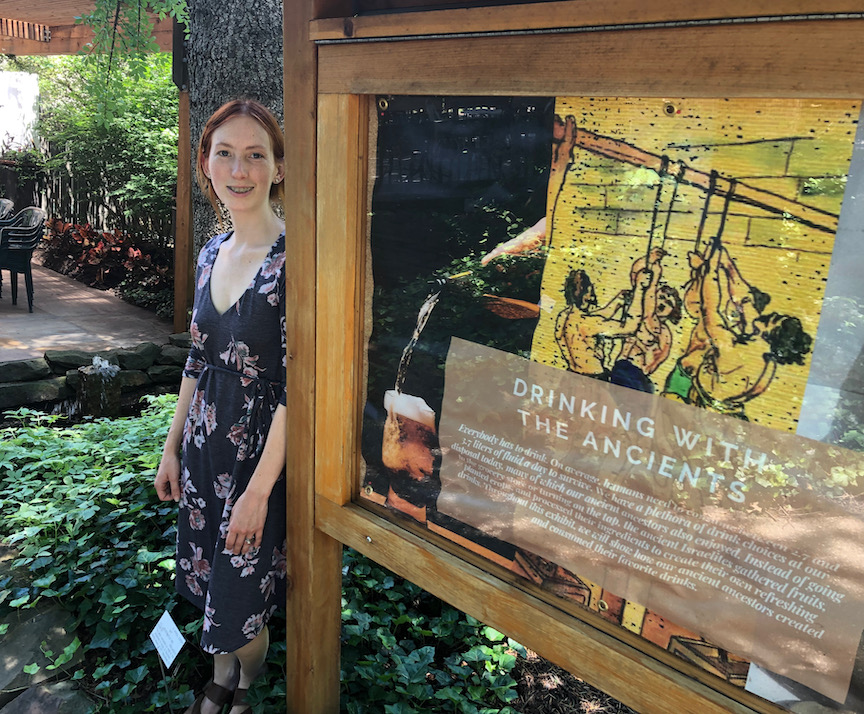
Gardening Green with Doug
Rodef Shalom Biblical Botanical Garden in Oakland Recreates The Holy Land
By Doug Oster
July 21, 2021
When Helena Nichols’ mother was pregnant, she strolled through the Rodef Shalom Biblical Botanical Garden in Oakland, never imagining her daughter would become director of the garden someday.
Nichols herself visited as a child and worked in the garden when she was pregnant with her son Malcolm, who is now two years old, and coincidently, loves to play in the dirt.
Her special connection with this garden includes carrying on the mission of Dr. Walter Jacob and his late wife Irene (pronounced Irenee) who founded the garden in 1986.
“This place is an institution,” she says while sitting in the shade at the entrance to the garden. “Given that responsibility, you want to do it proud — just trying to learn as much from Dr. Jacob to continue his legacy.”
She loves to repeat a story that he told her about finding the right location for the garden on the grounds of the Rodef Shalom Temple. As Irene and Walter looked over an area, they ran into a guy with a fifth of liquor, in a paper bag doing a little day drinking. They turned to him and asked, “what do you think of putting a biblical garden here?” He replied, “That's a great idea,” then held the bottle high, toasting the notion. “And thus, the garden was born,” Nichols said with a laugh.
The garden is comprised entirely of plants that were mentioned in the bible. That might be from a Christian bible, Hebrew or any Abrahamic religion.
“It’s also plants that have biblical eliciting names, like Joseph’s coat or bird of paradise,” says Nichols.
Each plant is clearly labeled in English, Hebrew, Latin with the biblical passage where they are mentioned.
Only yards from Fifth Ave., it’s a quiet space designed with the shape and topography of Israel. It includes a waterfall, desert and stream which represents the River Jordan, winding through the garden from Lake Galilee to the Dead Sea.
Each year there’s a new theme. This season it’s Drinking With The Ancients. It's all about the interesting beer, wine and juices referenced in the bible.
There’s barley, apricot and olive trees, pomegranate, grapes and more.
“Grapes are actually the number one mentioned plant in the bible," Nichols says. "They're mentioned over 300 times. They loved their wine,” she added with a smile.
Nichols spends time researching and looking for plants that fit the bill for the garden. She found a Russian hardy pomegranate tree, which can withstand Pittsburgh winters.
Etrog citrus is similar to a lemon and is used during Sukkot, part of high holy days for the Jewish religion.
“It’s a very religiously significant fruit that’s hard to come by," Nichols says proudly. “We have a frankincense tree now — that’s my new baby,” she says with a smile. “I’m very excited.”
It’s obvious how frankincense fits in a biblical garden, but not all plants mentioned are so cut and dry. Sometimes it takes some creative thinking to include a plant.
“Dr. Jacob always likes to say, ‘people who wrote the bible were not horticulturalists. They really didn’t care,’” Nichols adds laughing.
A tall verbascum is beginning to push out pretty yellow flowers. It’s also called Aaron’s Rod which refers to any of the walking sticks carried by Moses's brother, Aaron, in the Torah.
‘Goliath’ tomato and ‘Goliath’ hydrangea connect with the story of David and Goliath.
Many of the plants will “snowbird” in a greenhouse for the winter and are brought to and from the garden in the frost-free season.
The pandemic shut the garden down, but it’s now open for visitors.
“Irene and Walter built it to be a place for contemplation and tranquility,” says Nichols. “You really get that now. It’s a breath of fresh air. I was determined, we were going to make it happen one way or another,” Nichols says of reopening after Covid.
As the sound of the fountain echoes in the garden, Nichols explains what she wants visitors to get from exploring the garden.
“I hope that they learn something,” she says quietly. “To give them that place where they can just come and enjoy themselves and not worry about anything that might be going on in the world.”
The garden is open to the public Sunday through Thursday 10 a.m. to 2 p.m., and evenings on Wednesdays from 5 p.m. to 7 p.m. It’s located near the intersections of Fifth Ave. and Devonshire St. in Oakland. Use the gate on Devonshire St.
Visitors who would like a docent-led tour can call 412-621-6566. Learn more.
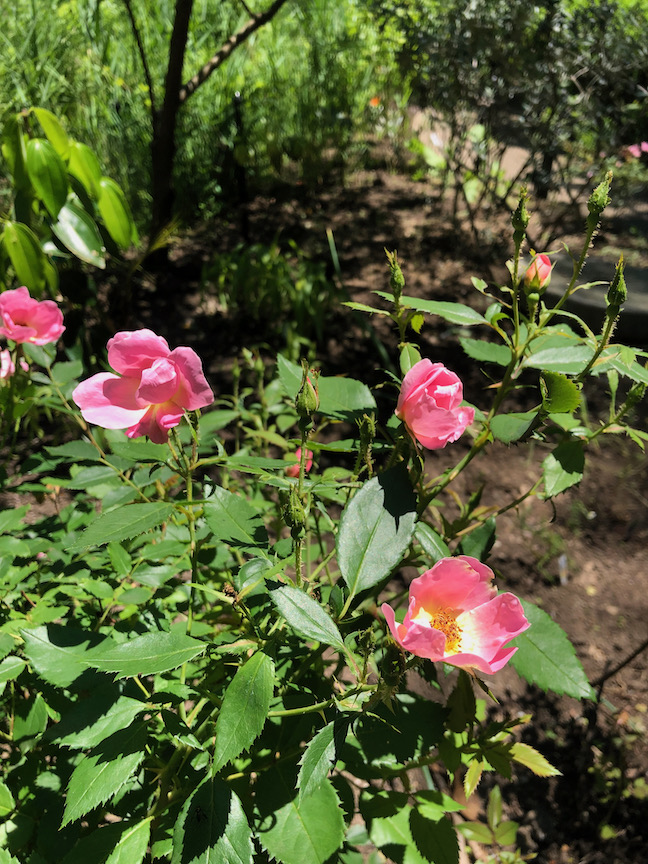
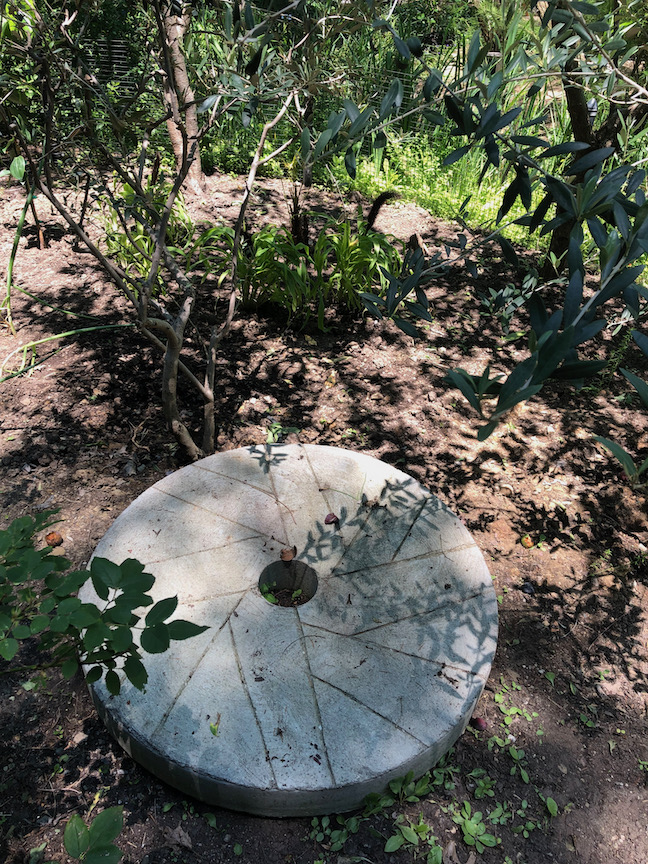
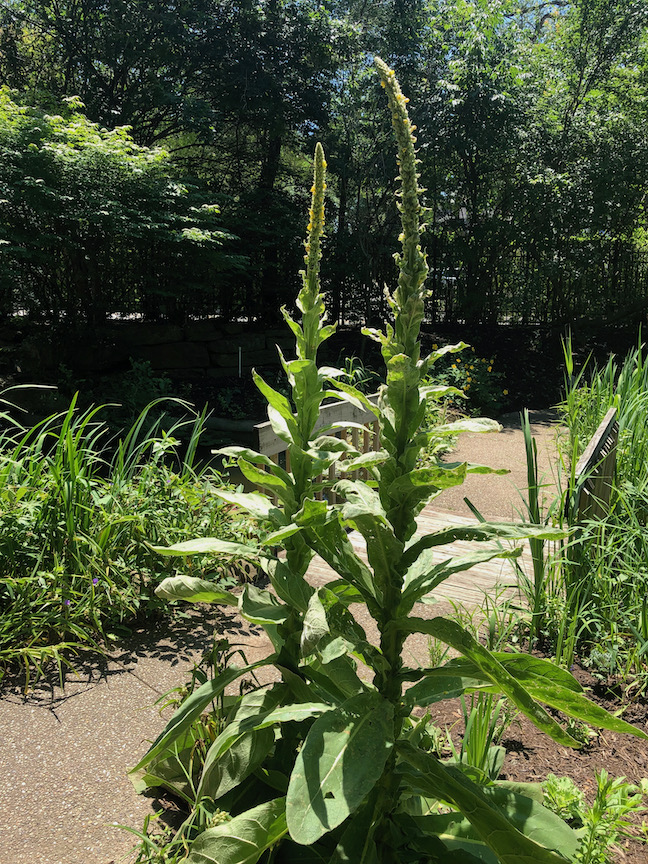
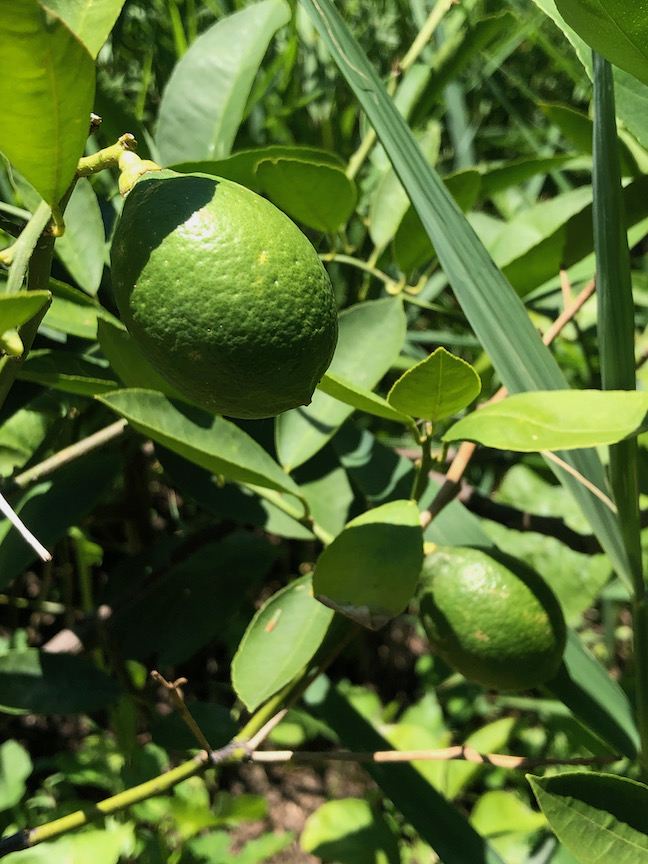
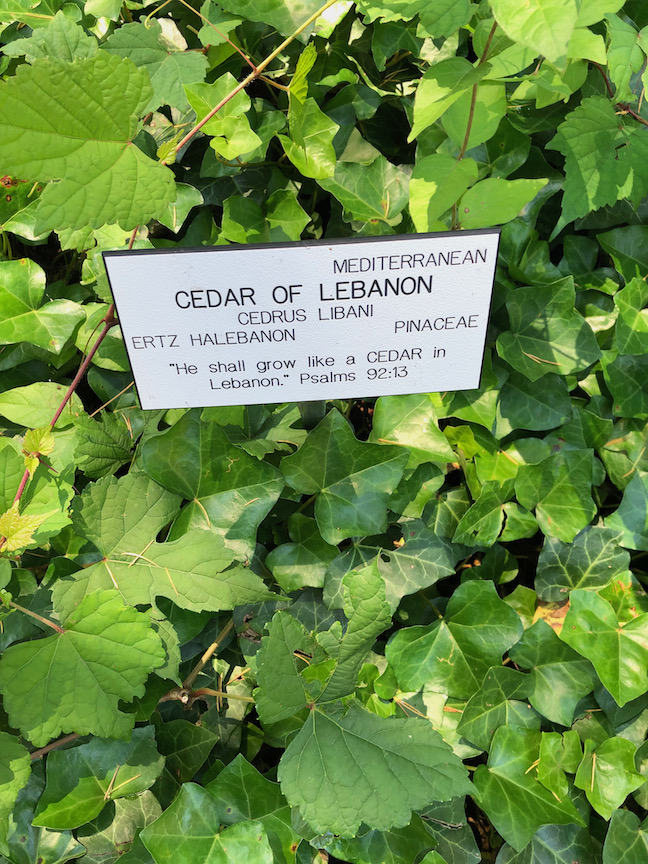
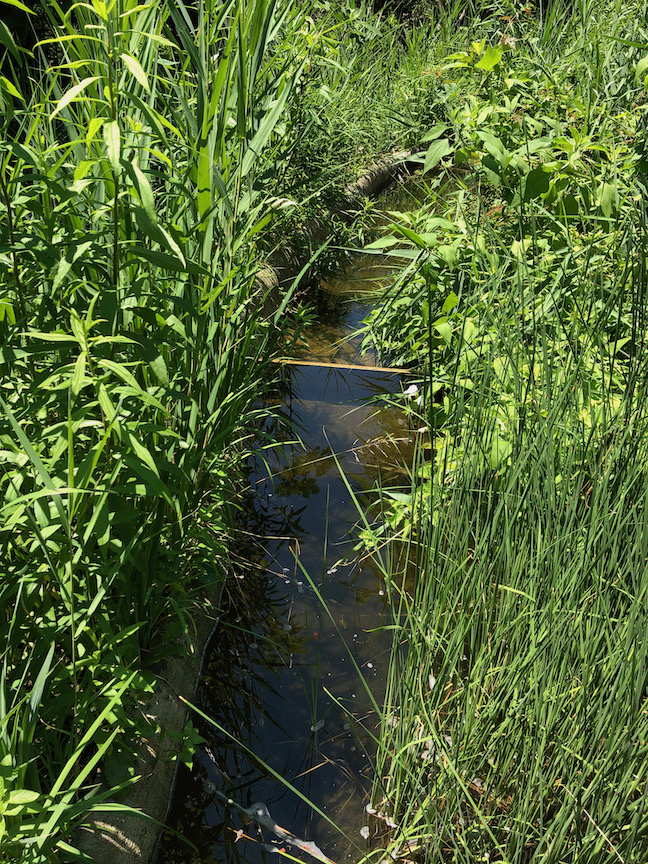

Leave A Comment